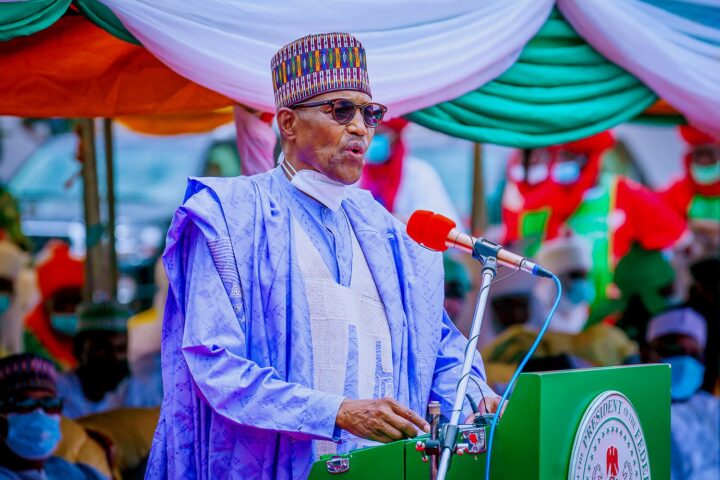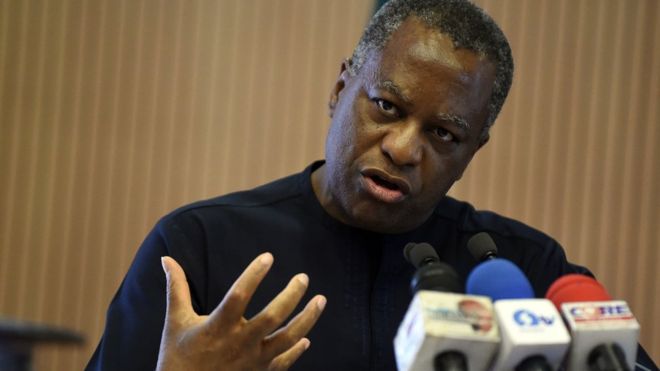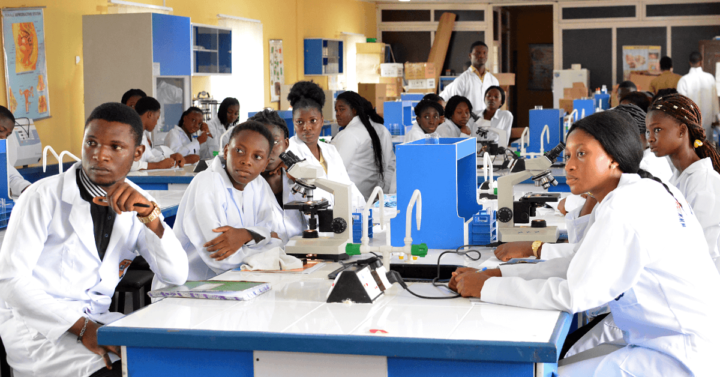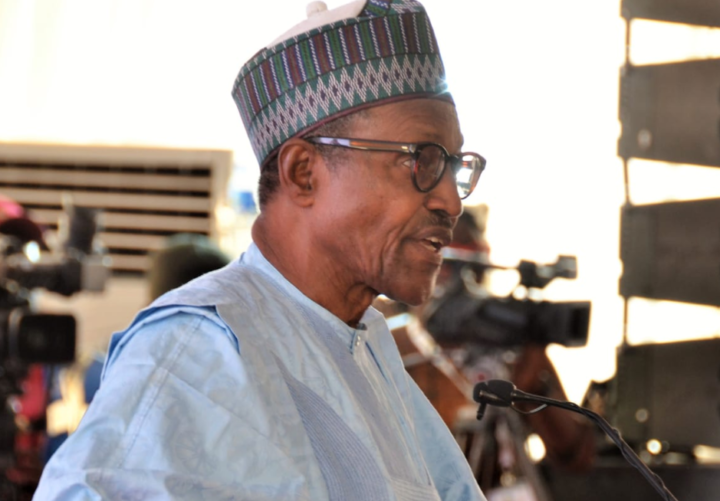A bill seeking to mandate Nigerian-trained medical and dental practitioners to practice for a minimum of five years in the country before being granted a full licence has passed second reading at the house of representatives.
Sponsored by Ganiyu Johnson, an All Progressives Congress (APC) lawmaker from Lagos, the bill seeks to amend the Medical and Dental Practitioners Act 2004, to address the brain drain in the Nigerian health sector.
If passed into law, medical and dental practitioners trained in the country will have to practice for at least five years before they are granted a full licence.
There have been concerns in recent times over the relocation of many healthcare workers in Nigeria to foreign countries — a development that has retrograded the state of the country’s health sector.
Advertisement
In August 2022, the Nigerian Medical Association (NMA) said a total collapse of the health sector is imminent if urgent steps are not taken to address the brain drain in the sector.
The association called for an emergency solution to the issue in the health sector, adding that with the trend of medical doctors leaving the country, there may be a need to hire doctors from foreign countries in the future.
Leading the debate on the bill during plenary, on Thursday, Johnson said the bill aims to “make quality health services available to Nigerians”.
Advertisement
Johnson said it was only fair for medical doctors, who enjoyed taxpayer subsidies on their training, to give back to the society.
He said by working for a minimum number of years before leaving Nigeria to practice abroad, the country would have benefited from their skills.
Contributing to the debate, Uzoma Nkem-Abonta (PDP-Abia), opposed the bill on the premise that it will “tie down” doctors in Nigeria for five years before they can seek employment in a foreign country.
Mark Gbillah, a lawmaker from Benue, said the bill should be reworked because it proposes clauses that would infringe on the fundamental human rights of Nigerian-trained doctors.
Advertisement
“A person in such a critical field as medicine — how would you give somebody a temporary licence? You would need a licence to be certified to practice,” Gbillah said.
“Do we try to restrict these people and infringe on their fundamental human rights or apportion more resources to the medical profession?”
In his remarks, Femi Gbajabiamila, speaker of the house, said fundamental human right is not absolute and that freedom can be restricted in some situations.
“Let me clear the issue of fundamental human rights that have been raised. If you go to section 45(1) of the constitution, it allows you to deviate from your fundamental human right under certain conditions,” the speaker said.
Advertisement
“One of these conditions concerns public health. So, if the government feels to safeguard public health, then we have not violated anybody’s human rights.”
The lawmakers voted in favour of the bill when it was put to a voice vote.
Advertisement
Add a comment






